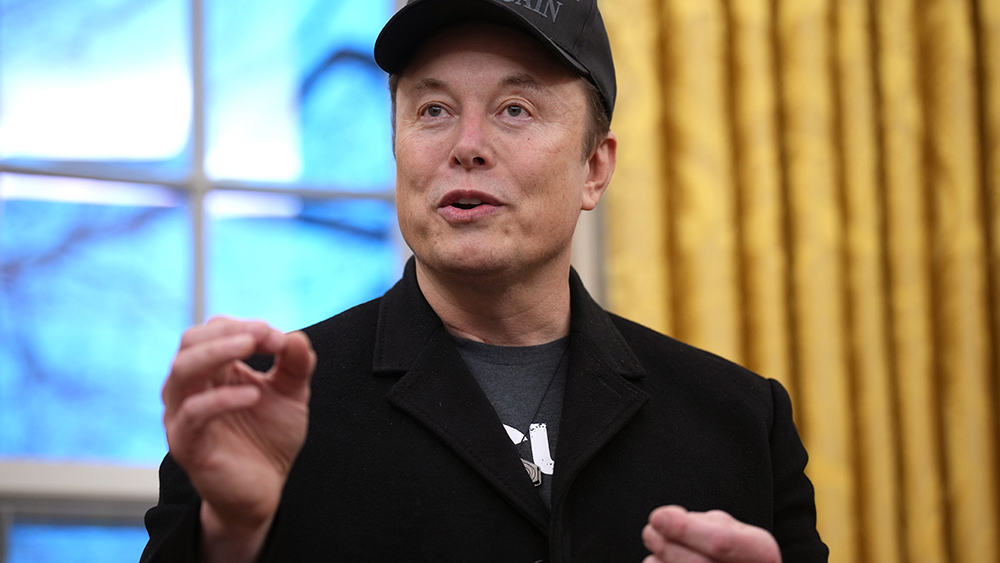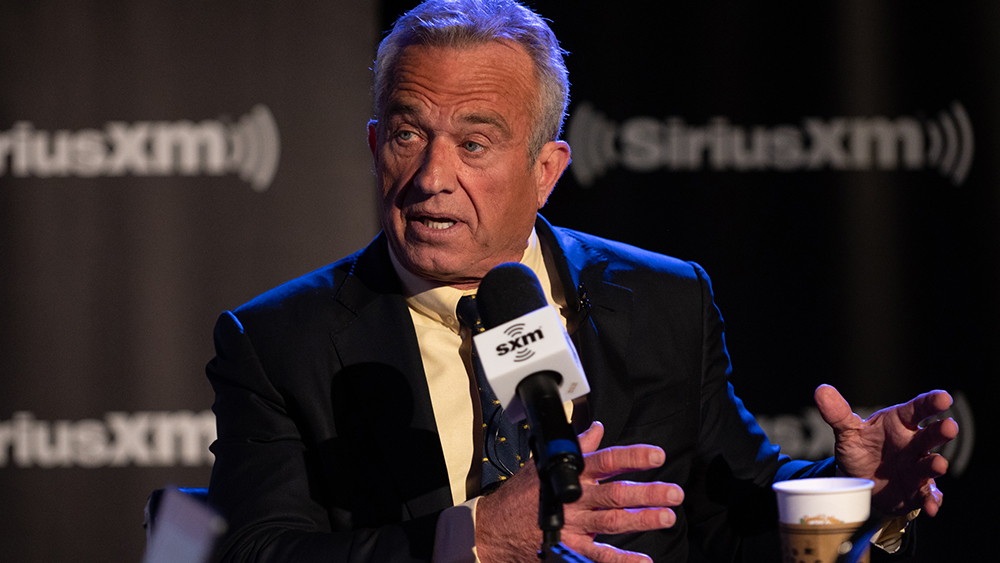 Parler
Parler Gab
Gab
- X Corp. has filed a federal lawsuit challenging New York's Senate Bill S895B, which mandates that social media platforms publicly disclose how they define and moderate content like "hate speech," "misinformation" and "extremism."
- The company argues the law violates the First Amendment and New York's Constitution by compelling speech and pressuring platforms to adopt the state's ideological framing of controversial issues.
- The law's "Content Category Report Provisions" threaten violators with fines of up to $15,000 per day and potential legal action from New York Attorney General Letitia James.
- X claims the law was enacted with a viewpoint-based motive, citing correspondence where legislators dismissed proposed changes due to Elon Musk's personal speech on the platform.
- The lawsuit follows X's recent legal victory in California, where the Ninth Circuit struck down key parts of a similar law (AB 587), ruling they unconstitutionally compelled speech and failed strict scrutiny.
Court sides with X, strikes down key parts of California social media law
The lawsuit echoes X's recent victory in California, where the Ninth Circuit struck down Assembly Bill 587 (AB 587) – a similar state law. Filed by a coalition of 11 lawmakers, 10 Democrats and one Republican, AB 587 was championed by California Gov. Gavin Newsom and Attorney General Rob Bonta as a transparency measure to hold platforms accountable for their content moderation decisions. The law was passed in 2022 and required social media companies with users in California to submit detailed semiannual reports to the state. However, the most controversial aspects of the law, now removed as part of the settlement, would have forced companies to disclose whether and how they define and moderate content in categories such as "disinformation," "extremism," "harassment" and "foreign political interference." Companies were also expected to report the number of enforcement actions taken within each category and provide granular detail about how flagged content was handled. Opponents, led by X Corp., argued that these provisions amounted to government overreach and would compel speech, effectively requiring platforms to adopt the state’s framing of complex and politically charged topics. The court agreed, ruling that the state cannot coerce private platforms into adopting or reporting on ideological definitions. The U.S. Court of Appeals for the Ninth Circuit concluded that mandating companies to disclose content moderation practices under government-defined categories "likely compel[s] non-commercial speech" and therefore must withstand strict constitutional scrutiny – a bar the law did not meet. What remains of AB 587 is a narrower requirement: Social media platforms must still submit their terms of service to the state every six months and describe any changes and how those terms are enforced. But platforms will no longer be required to report on how they moderate specific types of controversial speech or provide detailed enforcement metrics. Follow Censorship.news for more stories like this. Watch the video below about Elon Musk exposing the secret illegal global censorship system. This video is from the Rick Langley channel on Brighteon.com.More related stories:
'Illegal secret deal:' Musk claims European Union tried to blackmail X into censorship.
Elon Musk claims EU offered him secret deal to carry out censorship across the X platform.
Sources include: ReclaimtheNet.org 1 ReclaimtheNet.org 2 Brighteon.comAI training’s “fair use” wins over books, but court leaves piracy bill on tech’s table
By Willow Tohi // Share
False flag plot: Exclusive report reveals Israeli scheme to frame Iran for U.S. attack
By Willow Tohi // Share
U.S. to cut funding to globalist Gavi, the Vaccine Alliance over safety concerns
By Ramon Tomey // Share
“All The Things That Matter” on BrightU: Understanding the Old and New Covenants
By Jacob Thomas // Share
Governments continue to obscure COVID-19 vaccine data amid rising concerns over excess deaths
By patricklewis // Share
Tech giant Microsoft backs EXTINCTION with its support of carbon capture programs
By ramontomeydw // Share
Germany to resume arms exports to Israel despite repeated ceasefire violations
By isabelle // Share










